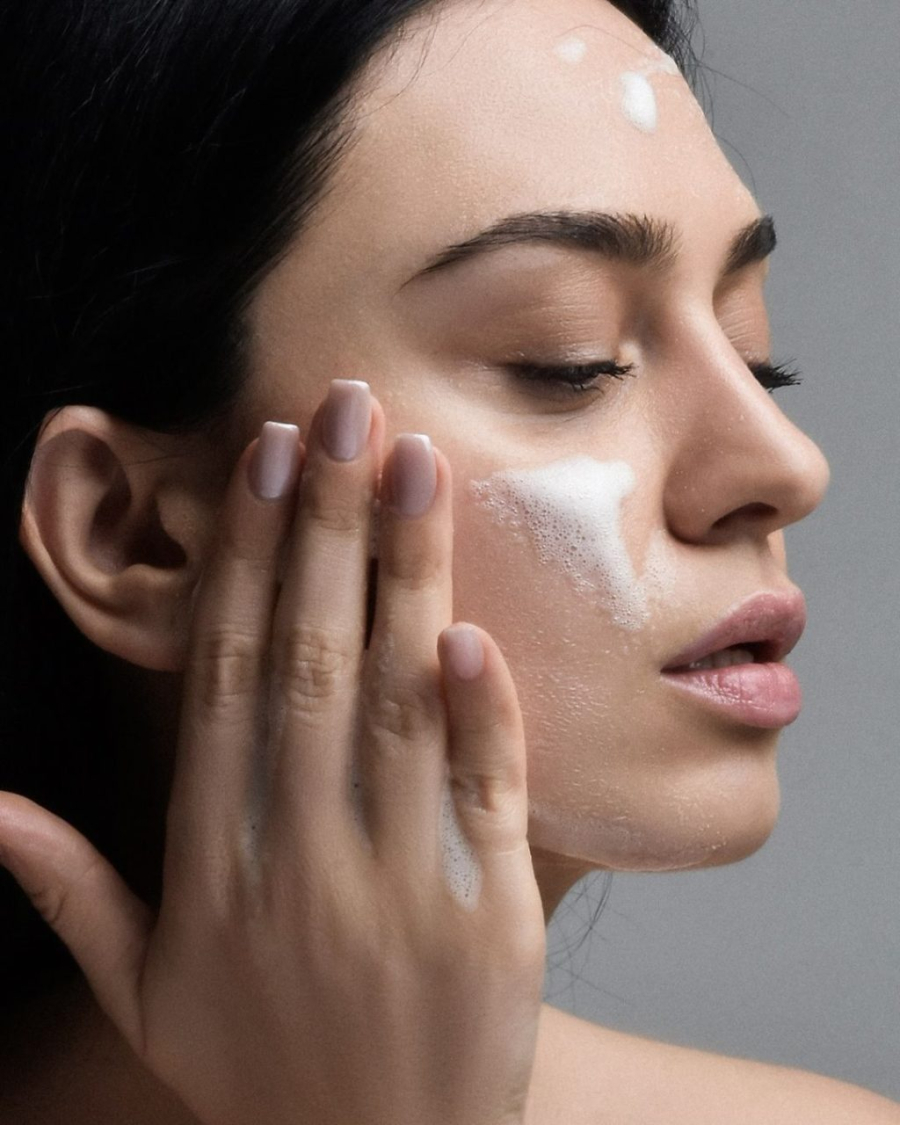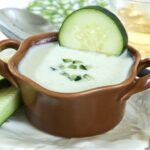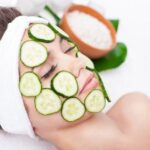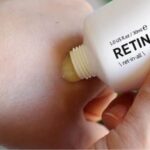Acne-Fighting Ingredients
Salicylic Acid
A type of beta hydroxy acid (BHA) that is oil-soluble, allowing it to penetrate deep into pores and remove excess oil and built-up dead skin cells. This process helps prevent clogging and minimizes the formation of new blemishes.

Preventing acne breakouts is just as important as treating existing ones.
Benzoyl Peroxide
This ingredient reduces inflammation and prevents new blemishes from forming. It is often found in skincare products, especially those aimed at acne-prone skin. Combine it with moisturizers to enhance its effectiveness.
Retinoid
A derivative of vitamin A, retinoid promotes skin cell turnover, exfoliates, and unclogs pores, preventing new breakouts and improving overall skin health. Adapalene, a specific type of retinoid, also fades acne scars and improves skin tone.
Morning Skincare Routine for Acne-Prone Skin
Gentle Cleansing
Use a mild cleanser containing salicylic acid if you’re dealing with whiteheads or blackheads. If you have red, inflamed acne, opt for a cleanser with benzoyl peroxide to kill bacteria.
Apply Acne Treatment
This is when you would use your specialized products containing salicylic acid or benzoyl peroxide. Apply them to areas prone to breakouts, such as the T-zone (forehead, nose, and chin).
Moisturize with Sunscreen
Choose oil-free moisturizers that won’t aggravate acne-prone skin and promote skin health. Instead of layering on a separate sunscreen, opt for a moisturizer with broad-spectrum SPF to reduce the number of products applied.

Opt for oil-free moisturizers to maintain healthy, acne-free skin.
Evening Skincare Routine for Acne-Prone Skin
Double Cleansing
Start with a double cleansing routine. First, use an oil-based cleanser or micellar water to remove makeup and surface-level dirt. Follow up with a gentle gel cleanser to deep clean and remove any remaining impurities.
Gentle Moisturizing
Look for ingredients like hyaluronic acid, glycerin, and ceramides. Hyaluronic acid attracts and retains moisture, softening the skin. Glycerin provides deep hydration, preventing dryness, while ceramides strengthen the skin’s protective barrier, maintaining moisture levels and reducing irritation.
Retinol Treatment
Retinol not only helps with current breakouts but also fades acne scars and improves skin texture over time. As retinol can increase sun sensitivity, start with a lower concentration and always use it at night. Combine it with moisturizing products and sunscreen during the day.
6 Vitamin A-Rich Foods That Safely Fade Age Spots, Erase Wrinkles, and Rejuvenate Skin.
Vitamin A is a powerful tool in the fight against acne and skin aging. It helps to combat breakouts and promotes a youthful, radiant complexion. With its ability to regulate skin cell turnover, Vitamin A helps to keep pores clear and promotes a healthy, glowing complexion. It also stimulates collagen production, helping to reduce the appearance of fine lines and wrinkles, resulting in a more youthful and vibrant canvas.
The Miracle Plant: Discover Moringa’s Secret Beauty Benefits for Skin and Hair
The Moringa oleifera leaf is a nutritional powerhouse, packed with vitamins A, B, and C, as well as the active compounds Isothiocyanates and Cytokinin. These nutrients work in harmony to promote healthy, radiant skin. The vitamins and compounds found in Moringa leaves help to nourish and strengthen the skin, preventing breakouts and effectively treating dark spots.



































